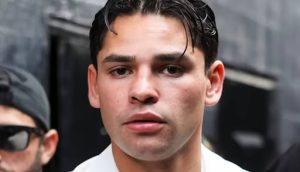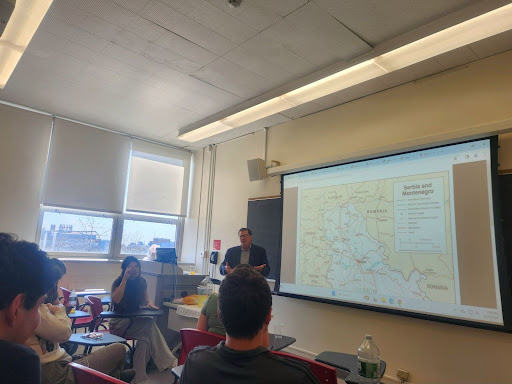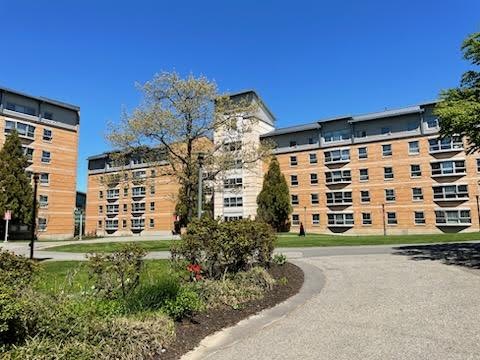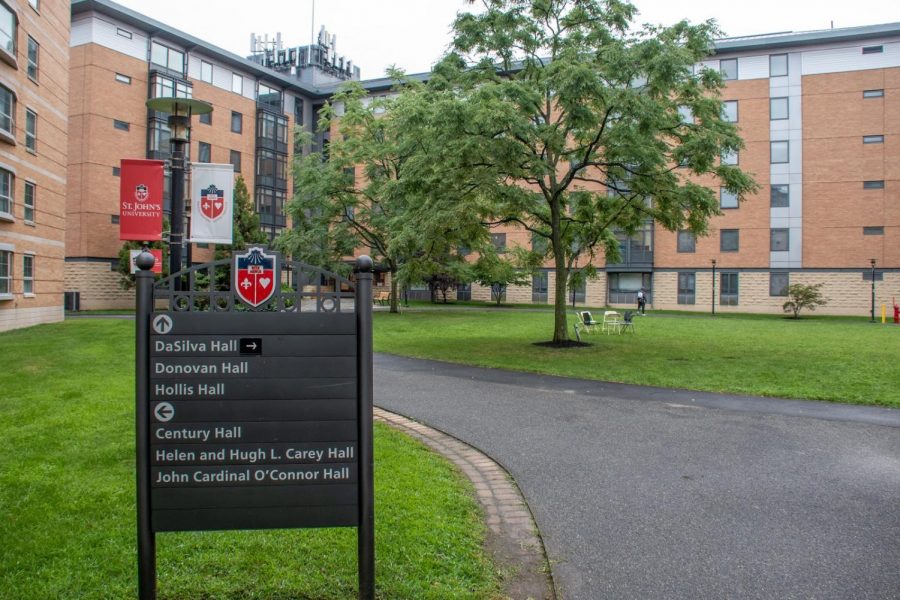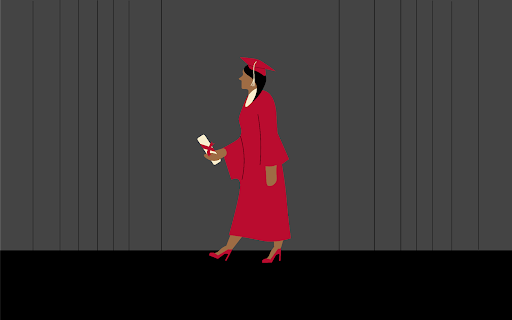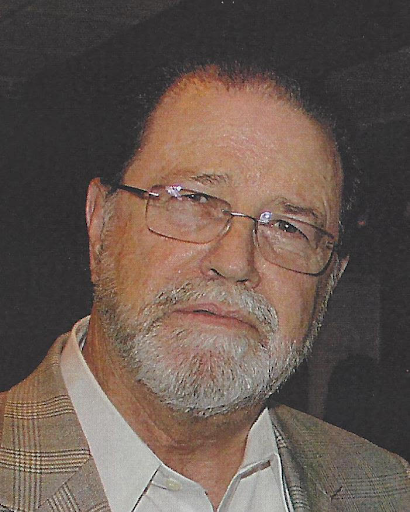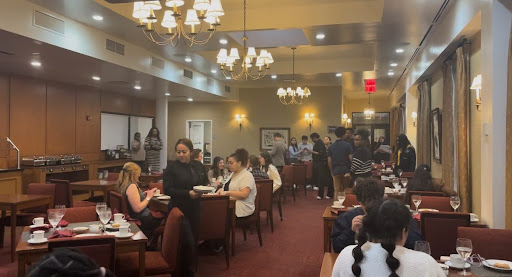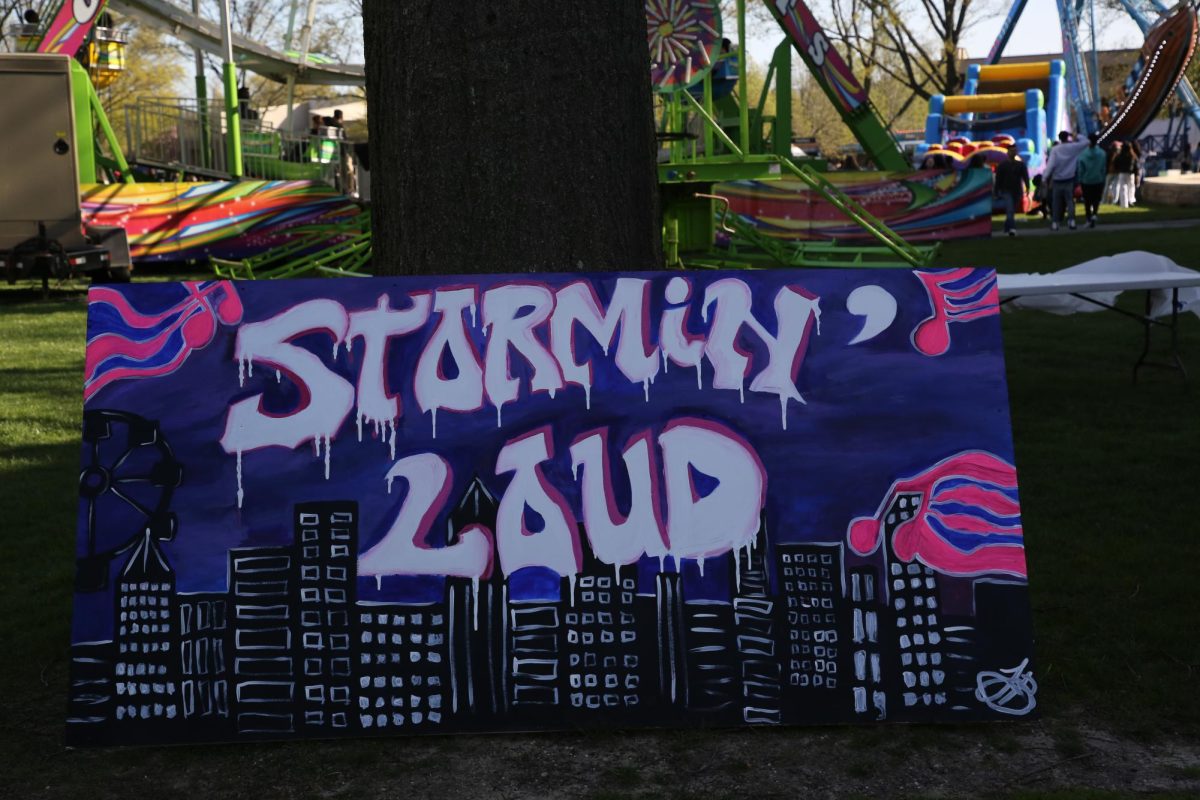Gay rights advocates won a symbolic victory when Notre Dame announced in December the approval of a student-run, university-funded LGBTQ organization on campus starting this semester.
Many in the St. John’s LGBTQ community (Lesbian, Gay, Bisexual, Transgender, Queer and Questioning) and its advocates would like to see the same alliance formed here, but the University has come out in opposition – saying unequivocally in a statement that “we would not recognize a gay alliance.”
St. John’s currently offers a “Safe Zone” program – on-call “allies” to provide support – along with monthly support meetings that it says serves a similar purpose to programs offered at Notre Dame as well as other Vincentian schools.
Students who were contacted by the Torch stated that the Safe Zone program was not enough for them and stressed the need for creation of a student-run gay-straight alliance – the same type of alliance that the university opposes and five of the other six Catholic Big East schools have approved. In addition, these students say that their efforts to push administrators for change have been thwarted by some students’ fear of repercussion.
Luis Quiñones, treasurer of College Democrats, said such fears have caused the organization to question the consequences of promoting the formation of a gay-straight alliance.
“We would definitely support a GSA, but we’re cautious in our hopes to promote it because we’re afraid of repercussions by the administration,” he said.
Dr. Kathryn Hutchinson, vice president for student affairs and the person who oversees all student-run organizations, dismissed those fears, saying her door “is always open.”
Hutchinson cited the Safe Zone as the University’s current attempt to fulfill LGBTQ students’ “needs,” which came out of conversations the University had with students in years past. The program utilizes trained administrators and faculty to provide a place for LGBTQ students who have questions or need support, according to Hutchinson.
The program trains allies about the proper support techniques that align with the University’s Catholic and Vincentian missions. These allies are then certified to accept these students in various locations around campus. These locations, often the allies’ offices, post a STJ Safe Zone sticker on the door to inform students.
“That may be slow, but we have really shifted on campus toward a more open and welcoming environment,”
Julie Carter, an associate professor in the School of Education, who was trained as an ally, said. “I think the University should be recognized for that movement, and the Safe Zone training was their way of sort of publicly acknowledging that.”
“However,” she added, “I think the University needs to do more,” citing how the school has lagged behind other Catholic universities on gay rights issues.
No allies or students contacted by the Torch had ever participated in a Safe Zone connection and several students were unaware of the program’s existence or dismissive of its effectiveness.
“The Safe Zone is a smoke screen used by the administration to look like they are doing something and to appease students who have asked for some sort of representation,” sophomore Aaron Scyoc said. “It’s their way of doing the bare minimum to show that they are doing something, but without actually having an organization on campus.”
The program was created in recent years as a result of a request from students to create a gay-straight alliance club on campus, a request that was denied by St. John’s. In addition to Safe Zone, the University provides “How You Doin’” meetings facilitated by two administrators and held about once a month. For current students, however, these meetings are not enough.
Junior Keshia Pitt, who is an active member in the group, doesn’t believe that enough is being done for the community, which she says is demonstrated by the fact that usually no more than 20 people attend the meetings.
“A meeting once a month is not enough, especially when we can’t even openly call it LGBT or do much advertising beyond word of mouth and don’t have the funds or permission to hold proper events,” Pitt said. “Most people don’t even know it exists.”
Senior Matt Avant, a strong supporter of LGBTQ rights, said that the University’s programs fall short of his expectations. “It’s important that it be easy to find [the LGBTQ student organization] or come across it, not something you need to secretly seek out in the cover of the night. Ultimately it’s about letting people belong, giving people a place where they can feel comfortable and at home and not threatened for who they are and whom they love.”
The University believes that the programs currently offered to LGBTQ students are adequate, but if students feel that they are being underrepresented, Hutchinson stressed that they should bring it to the attention of the administration.
“The reality is that we’re a large university, and students will have lots of different needs,” Hutchinson said. “Some we’ll be able to fulfill, and some we may not be able to fulfill, but if we don’t at least have a conversation we don’t have an opportunity to determine if we can try.”
However, many of the students who the Torch interviewed spoke about the hostile environment they have found themselves in at St. John’s. They say that approaching the administration isn’t really an option for them, as they don’t see the University as trying to help.
“I feel like by not being helpful, it’s hostile,” Kevin Wolfring, a junior, said. “Especially when there are so many other groups on campus, for every other minority, that are getting money and the support of the University to do what they want to do.”
Despite the University’s perceived hostility toward gay students, St. John’s has expanded its non-discrimination policy in recent years. The policy on the University’s web site states, “St. John’s University does not discriminate on the basis of…sexual orientation.”
While some students say they have never felt outwardly discriminated against on a personal basis, many of those contacted disagree with how that policy is put into practice.
“You can’t put [gays and lesbians] in the non-discrimination agreement and then discriminate,” Wolfring said. “That’s not the way that it works. You can’t just do that. That’s not fair. They literally need to look at what they are saying and do the things that they are saying.”
Avant says he especially identifies with the plight of gay students at St. John’s because he is often misidentified as one.
“New students coming here who are just finding their place in the world, maybe just coming out of the closet, are sort of bereft of a place to turn to. I know people who are seniors at St. John’s who are just now coming out because they are just now finding the courage to do so and that sucks to have to hide who you are for four years when you’re supposed to be discovering who you are. It’s not fair.”
Additional reporting by
Michael E. Cunniff, Editor-in-Chief
and
Nicole Valente, Managing Editor


